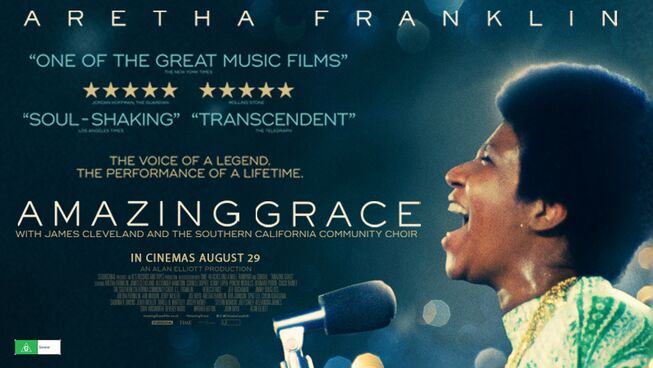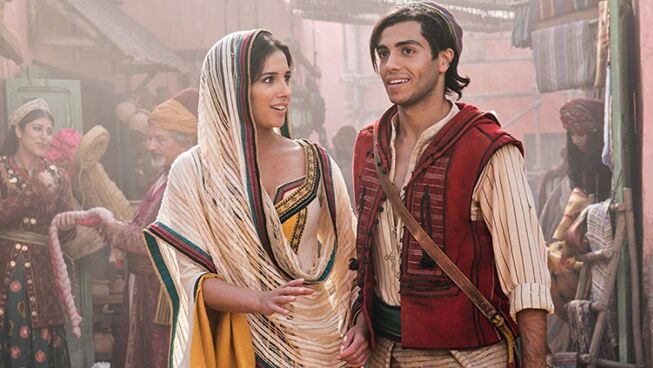Most may not know the name Bong Joon-ho (Okja, Snowpiercer), but the South Korean director has been making history within the filmmaking community. With his latest release of Parasite, he became the first Korean director to win the Palme d’Or award at the Cannes Film Festival and then went onto win multiple other awards including the top prize at the Sydney Film Festival. This recognition has placed him into a select group within the film industry and gained new attention for Korean cinema around the world.
The Ki-taek family lives in a semi-basement apartment and do all they can to make ends meet through menial jobs and less than legal means. One day, the only son, Ki-woo (Choi Woo-shik) is told of an opportunity from a close friend to tutor the daughter of a wealthy family. After putting together false credentials for the job, he meets Mrs. Park (Jo Yeo-jeong) and her daughter, Da-hye at their lavish home to see if he can manage the work. Once he secures the tutoring gig, he notices the artistry of the youngest son of Mrs. Park, but that Park Da-song (Jung Hyun-joon) suffers from a level of hyperactivity. The tutor puts together a plan of getting his sister, Ki-jeong (Park So-Dam), hired by the wealthy family. Ki-woo manages to convince the young mother that his sister is a professional art tutor/therapist named Jessica, who is instantly hired to help the youngest Park child.
After the Ki-taek children become trusted members of the affluent household, they manage to get their parents hired as a driver and housekeeper. The low-income family begin to enjoy the benefits of working for the Park family and take advantage of the home while their employers are away. It is during this night of extravagant living that they are confronted with the secrets of the house at the hands of the recently terminated housekeeper. The past comes back to haunt the manipulative family and they must figure out how to keep the Park family in the dark about their less-than-ethical means of acquiring their trusted positions in the home.
This twisted tale is difficult to classify, being part dark comedy and part thriller. It turns into an engaging and disturbing pathway into the human experience. Bong Joon-ho manages to tap into the moral juxtaposition of humanity through a parallel journey of two families, despite their differing financial positions. Proving that having or not having wealth does not mean the human heart is any less depraved and that the legacy of bad parenting can happen in any socio-economic class.
By steering clear of linear storytelling, each act manages to stay connected while representing a different genre. The cast brilliantly moves through the screenplay that touches on the social commentary of modern society as well as the comedic disconnect between the various class systems. Then things proceed to deliver one of the most intense thrillers of the year. Even for Western viewers who may struggle with subtitles, this is a film that remains completely accessible because of the emotional and visual strengths of the writer’s narrative.
Parasite is meant for those who appreciate the artistic process and are willing to stretch their movie viewing habits. The film contains disturbing and confronting elements that will make this inaccessible for the majority of viewers, but should be a must-see for the true cinephile.
Reel Dialogue: We watch films in community, it is always better that way.
Iron sharpens iron, and one man sharpens another. - Proverbs 27:17
Most people enjoy seeing films with someone else. It is a shared experience that can only be appreciated in community. When going to watch Parasite, I had I had the privilege of seeing the film with two friends and one from a Korean heritage. Despite experiencing the most disturbing aspects of the story, it was the discussion after the film of the cultural and cinematic elements that made this a richer experience. We were able to engage with key themes of the film and parted with a new view of cinema, culture and life.
This aspect of watching films is one of the goals of Reel Dialogue, to get people talking about film in a new and vibrant way. Not merely accepting one-word answers to the critique of a film, but to look into the deeper aspects of the story. Thus building into the relationships of those we see the movie with. This film will challenge the thought process concerning morality, family and wealth.





